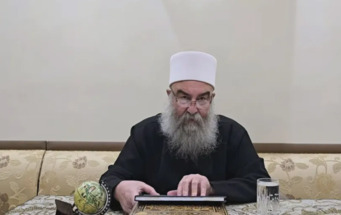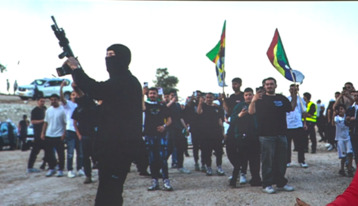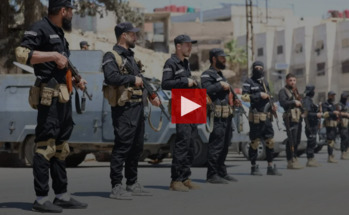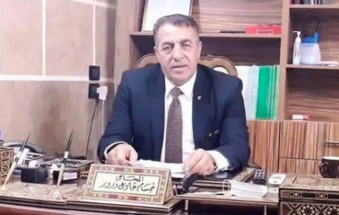-
Washington to Send Troops to Operate Advanced "THAAD" System in Israel
-
The presence of U.S. forces operating the "THAAD" system in Israel may complicate strategic calculations in the region and place the United States in a position of direct confrontation with any future
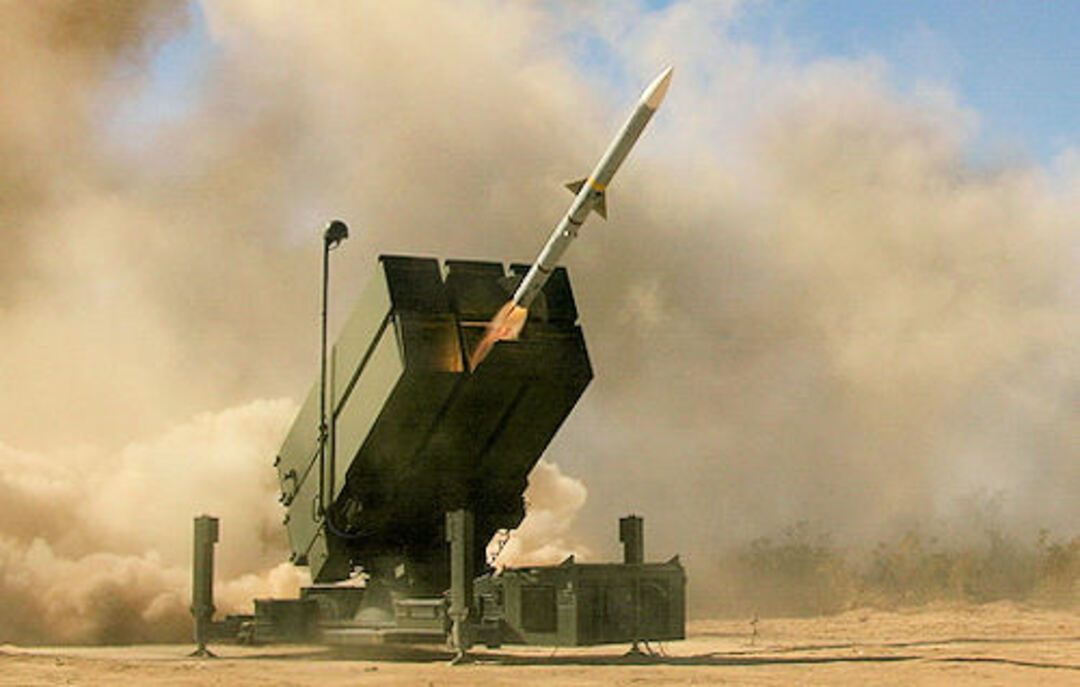
In a prominent strategic development reflecting escalating tensions in the Middle East, the U.S. Department of Defense "Pentagon" announced the deployment of an advanced anti-missile defense system in Israel.
This move, coming in the wake of the recent Iranian missile attack, represents a significant enhancement of Israeli defensive capabilities and confirms the depth of the American commitment to its ally's security.
Pentagon spokesman Pat Ryder stated that Defense Secretary Lloyd Austin, under the direction of President Joe Biden, authorized the deployment of a Terminal High Altitude Area Defense (THAAD) missile battery with its U.S. military crew in Israel.
Ryder explained that this step aims to "help Israel strengthen its air defenses" following the "unprecedented" Iranian attacks on April 13 and October 1.
The THAAD system is one of the most advanced missile defense systems in the U.S. arsenal. According to a report by the Congressional Research Service, each THAAD battery typically consists of six truck-mounted launchers, 48 interceptor missiles, along with advanced radio and radar equipment.
This system is distinguished by its ability to defend a wider area compared to the Patriot system, as it can hit targets at a range between 150 to 200 kilometers.
Military analysts view the deployment of the THAAD system in Israel as a qualitative shift in the level of U.S. military support. The presence of this advanced system, along with the American military crew of 95 soldiers to operate it, indicates Washington's readiness to participate directly in defending Israel against any potential missile threats.
This step comes in the context of broader American efforts to strengthen defenses in the Middle East. A year ago, Defense Secretary Austin had already ordered the deployment of a THAAD battery and additional Patriot battalions at various locations in the region, aiming to protect U.S. forces and assist in defending Israel.
Strategic experts point out that this military reinforcement could lead to a change in regional power balances. On one hand, this deployment could deter any future attacks on Israel. On the other hand, it might be viewed as an escalation by U.S. adversaries in the region, potentially leading to increased tensions.
Levant-Agencies
You May Also Like
Popular Posts
Caricature
BENEFIT Sponsors BuildHer...
- April 23, 2025
BENEFIT, the Kingdom’s innovator and leading company in Fintech and electronic financial transactions service, has sponsored the BuildHer CityHack 2025 Hackathon, a two-day event spearheaded by the College of Engineering and Technology at the Royal University for Women (RUW).
Aimed at secondary school students, the event brought together a distinguished group of academic professionals and technology experts to mentor and inspire young participants.
More than 100 high school students from across the Kingdom of Bahrain took part in the hackathon, which featured an intensive programme of training workshops and hands-on sessions. These activities were tailored to enhance participants’ critical thinking, collaborative problem-solving, and team-building capabilities, while also encouraging the development of practical and sustainable solutions to contemporary challenges using modern technological tools.
BENEFIT’s Chief Executive Mr. Abdulwahed AlJanahi, commented: “Our support for this educational hackathon reflects our long-term strategic vision to nurture the talents of emerging national youth and empower the next generation of accomplished female leaders in technology. By fostering creativity and innovation, we aim to contribute meaningfully to Bahrain’s comprehensive development goals and align with the aspirations outlined in the Kingdom’s Vision 2030—an ambition in which BENEFIT plays a central role.”
Professor Riyadh Yousif Hamzah, President of the Royal University for Women, commented: “This initiative reflects our commitment to advancing women in STEM fields. We're cultivating a generation of creative, solution-driven female leaders who will drive national development. Our partnership with BENEFIT exemplifies the powerful synergy between academia and private sector in supporting educational innovation.”
Hanan Abdulla Hasan, Senior Manager, PR & Communication at BENEFIT, said: “We are honoured to collaborate with RUW in supporting this remarkable technology-focused event. It highlights our commitment to social responsibility, and our ongoing efforts to enhance the digital and innovation capabilities of young Bahraini women and foster their ability to harness technological tools in the service of a smarter, more sustainable future.”
For his part, Dr. Humam ElAgha, Acting Dean of the College of Engineering and Technology at the University, said: “BuildHer CityHack 2025 embodies our hands-on approach to education. By tackling real-world problems through creative thinking and sustainable solutions, we're preparing women to thrive in the knowledge economy – a cornerstone of the University's vision.”
opinion
Report
ads
Newsletter
Subscribe to our mailing list to get the new updates!

